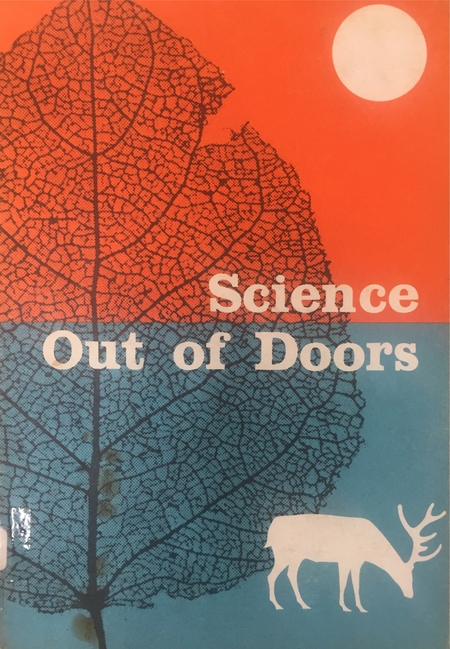To read more about TinyCat’s Library of the Month feature, visit the TinyCat Post archive here.
For our readers in the Northern Hemisphere, it is deep winter right now. We’re excited to be bringing in a little bit of green for January’s Library of the Month! Congrats to the Glasgow Botanic Gardens Library.
Project Librarian Rob Westwood was kind enough to answer my questions:
First, what is your library, and what is your mission—your “raison d’être”?

Tell us some interesting ways you support your community.
We hope that the library serves well as a space for study and research, but we use it for interesting science and cultural events too. It’s used as the start- or end-point of Botanic Gardens health walking tours. For a couple of weeks in summer, we let the library to serve as a dressing room for the “Bard in the Botanics” (Shakespeare performance) team. We held an event at this year’s Doors Open festival too, so that the wider community could come and see the library. A lot of people are surprised that the library even exists! It is something of a curiosity.
What are some of your favorite items in your collection?

 My personal fave is Treasures of the Deep, a Nineteenth Century collection of pressed seaweeds. When I first opened it, I thought it contained hand-painted plates but quickly realised they weren’t plates at all but beautiful, natural pressings. I also like John Curtis’ Farm Insects, which contains painted plates of minibeasts at various stages of the life cycle (including eggs!) to actual 1:1 scale. Some of them are as small as a poppy seed.
My personal fave is Treasures of the Deep, a Nineteenth Century collection of pressed seaweeds. When I first opened it, I thought it contained hand-painted plates but quickly realised they weren’t plates at all but beautiful, natural pressings. I also like John Curtis’ Farm Insects, which contains painted plates of minibeasts at various stages of the life cycle (including eggs!) to actual 1:1 scale. Some of them are as small as a poppy seed.
I have a fondness for certain books from 1950-1975, like Science Out of Doors, Pilbeam’s The First Fifty Haworthias, and Mushrooms, Moulds and Miracles; they’re not rare or particularly noteworthy but their design and language speak of a socially-minded post-War optimism that’s hard not to admire.
What’s a particular challenge you experience as a small library?
It’s a Collections Management challenge. Most all of our books are donated, often from the collections of retired academics and botanists, and we have limited space. It can be hard to say no when confronted with long-loved libraries of beautiful, often-unique books. We have to prioritise areas of knowledge that we know will be most useful to our users, or perhaps to fill an unusual gap.
What’s your favorite thing about TinyCat? Anything you’d love to add?
I love that it’s so straightforward, out of the box, and yet doesn’t lack anything important from a user point-of-view. When you’re such a small library, the user experience is really all that matters. The original brief when the Gardens brought me in was to create an inventory so that the Curator and General Manager could see precisely what the library had; but I said “why not catalogue it?” and we ended up with a proper user-facing catalogue and a neat little homepage. We couldn’t have done that with a more complex (and expensive) catalogue system. TinyCat has really delivered.
Improvements? It would be nice to be able to select which books, collections, or tagged groups appear in the image scroller: at the moment we can select either ‘random items’ or ‘recent items,’ but it would be nice to showcase particular treasures or themes.
Heard! We’ve had a couple of requests for more customization to the animated cover display, and we’ll let you know if we change anything on that front.
Want to learn more about the Glasgow Botanic Gardens Library? Follow them on Twitter @GlasgowBotanic, and check out their collection on TinyCat.
To read up on TinyCat’s previous Libraries of the Month, visit the TinyCat Post archive here.
Calling all TinyCat libraries: become TinyCat’s next Library of the Month—just send us a Tweet @TinyCat_lib or email Kristi at kristi@librarything.com.










 Publishers do things country-by-country. This month we have publishers who can send books to the US, Canada, the UK, Israel, Australia, France, Germany, and many more. Make sure to check the flags by each book to see if it can be sent to your country.
Publishers do things country-by-country. This month we have publishers who can send books to the US, Canada, the UK, Israel, Australia, France, Germany, and many more. Make sure to check the flags by each book to see if it can be sent to your country.
























































































